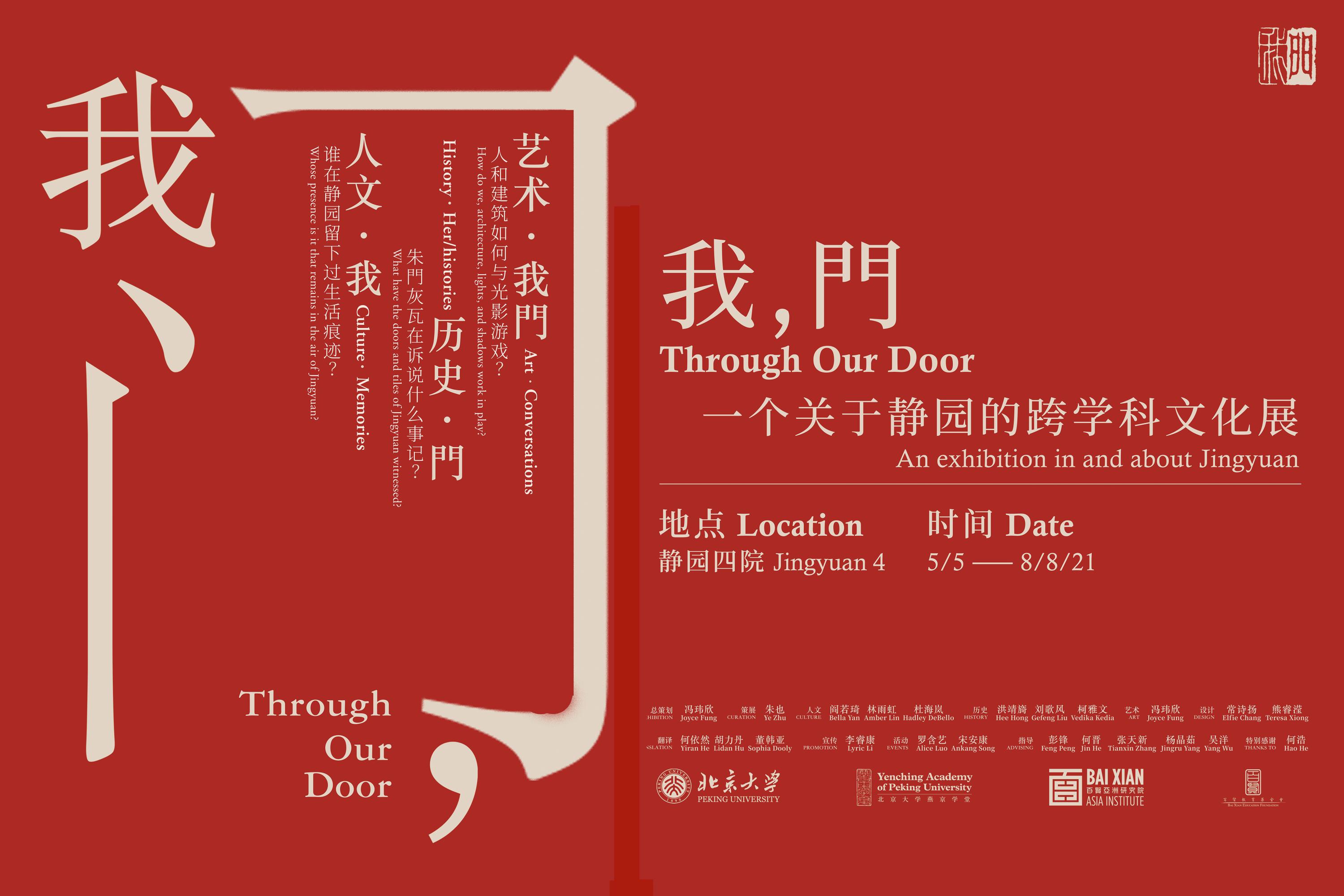After 8 years of Mandarin study and several years in Shanghai, Olivia came to the Yenching Academy of PKU (YCA) with a firm Chinese cultural foundation. Yet, her time in Beijing still managed to strike her in surprising ways. It was several “cities in a city,” as Olivia notes. Developing at break-neck speed, Beijing pulled from a limitless supply of histories, people, and sheer geographic space. Jingyuan became one of the many sub-communities that Olivia encountered in the diverse Beijing sprawl. Describing Jingyuan as a place of unusual elegance, peace, and tranquility, Olivia fondly remembers it in all of its different seasons.

Q: What inspired you to apply to the Yenching Academy of Peking University?
A: I started studying Mandarin when I was in high school and continued those studies through university at NYU Abu Dhabi. NYU also had a campus in Shanghai, which gave me an opportunity to study and later work as a fellow at NYU Shanghai.
In coming to YCA, I was very attracted to the idea of deepening my experience at an actual Chinese university. I had lived abroad before, but always in expat enclaves. Sometimes, based on the circles I ran in Shanghai – as an international student and writing instructor at an international university – I had a similar feeling. I really enjoyed the chance to come to Beijing and embed myself in traditional Chinese culture.
Q: What role did Jingyuan play in your life on campus?
A: Jingyuan was a meeting point. We would listen to a lot of talks there that YCA mediated. Even for those members of YCA who lived off campus, they had to come to Jingyuan for class, so it truly was the place where you saw everybody.
Jingyuan courtyard 3 and 4 were the center of our classwork. I would often go to the Jingyuan classrooms when classes were not being held because it was very peaceful. (This stood out in stark contrast to the Beida library which was so packed! It felt like a studying competition!)
Q: What were your impressions of the architecture of Jingyuan?
A: Jingyuan was undeniably elegant.
Although the architecture was grand, I never felt that the space, aesthetically, divided us from the other students around Beida.
The doors are definitely a symbol of YCA. If I was to show someone a photo of the Yenching Academy of PKU, I would show them an image of the red lacquered doors.
Season to season, the space really changed. Beyond the courtyards of Jingyuan courtyard 3-4 to the quad itself, the space went through different lives. Spring especially. Everything in Beijing comes to life in spring. The purple Wisteria flowers hanging over the doors were a sign of the end of winter.
Q: How did your experiences on campus, and at Jingyuan in particular, situate your larger experience living in Beijing?
A: The Yenching Academy of PKU gave me a better sense of what was driving modern and historical China.
